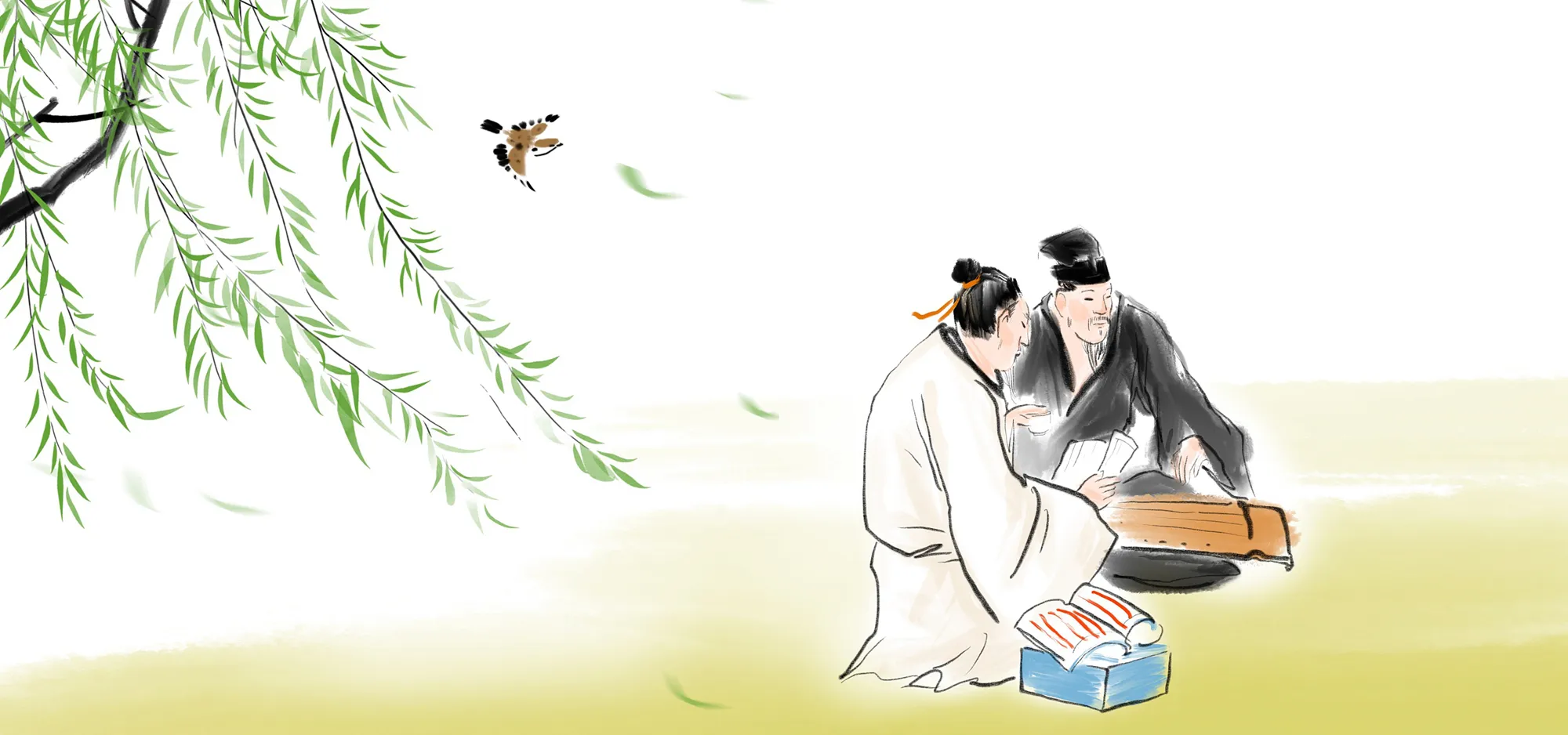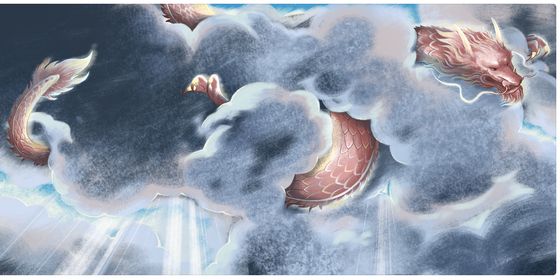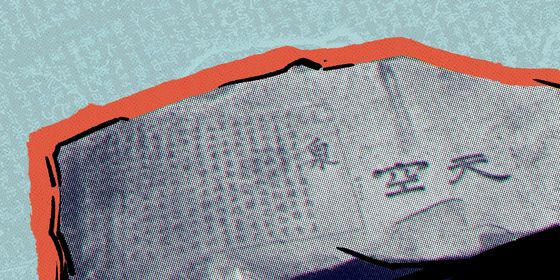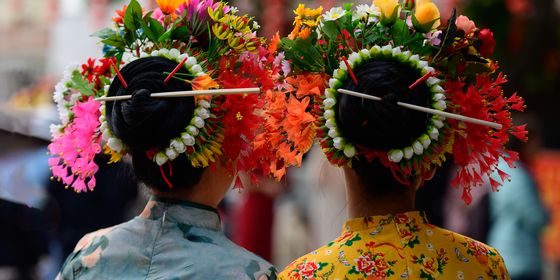Not all brothers are either harmonious or at each other like hammer and tongs—take these ancient tales, for example
In the last installment of this series, we discussed famous fraternal relationships in history. But not all brothers are either harmonious or hating on each other like hammer and tongs—let’s look at a few more brotherhoods that were more intertwined, or complex, to say the least.
The Brothers Ban
Ban Gu and Ban Chao lived in the Eastern Han dynasty, and are remembered their respective achievements. Their family was one of the most distinguished of the time: Father Ban Biao was a historian, who handed down responsibility for recording the history of the former Western Han dynasty to Ban Gu. Before his work was finished, Ban Gu was involved in a political struggle, imprisoned and died. His Book of Han, which became one of China’s most influential historical studies, was later completed by his younger sister, Ban Zhao.
Unlike the rest of his family, Ban Chao was not a historian. Instead, he became a military general—the famous idiom 投笔从戎 (“throw away the writing brush to join the army”) essentially describes Ban Chao’s life story: When Ban Chao was young, he was a low-ranking official in charge of collecting and recording official documents. “A brave man has no other ambitions but to follow Fu Jiezi and Zhang Qian’s footsteps and achieve something in the borderland,” he sometimes lamented, referring to two famous generals of the Western Han. “How can I waste my time on writing?”
Chao’s military career proved a great success. In charge of administrating the “Western Regions” (Central Asia), Chao led his forces for over 30 years in the war against the Xiongnu and secured Han control over the Tarim Basin. He was eventually awarded the title “Protector General of the Western Regions” by the Han government.
Other brothers, though, were practically like platonic lovers. Take these two…
Su Shi and Su Zhe
Like the trio of Cao Cao, Cao Pi, and Cao Zhi, the Su family of the Song dynasty was also known for their achievements in literature. Among the canonical “The Eight Great Prose Masters of the Tang and Song (唐宋八大家),” three came from the Sus—father Su Xun, elder son Su Shi, and youngest Su Zhe.
Unlike the fraught relationship between Cao Pi and Cao Zhi, Su Shi and Su Zhe were the best example of “friendly elder brother and respectful younger brother.”
From the poems they left behind, it can be seen that they maintained a close relationship all their lives. As a government official, Su Shi spent his career in many different places, but wherever he went he would write letters and poems to his younger brother, many of which were masterpieces. Su Zhe, of course, wrote verses back, with over 130 still in existence.
Su Shi’s best known work was when he was framed by his political enemies and imprisoned. At that time, Su felt the might be executed at any minute, so he sent his last words to Su Zhe, including the lines:
These green hills are good enough to bury me,
Though you’ll grieve on a rainy night years later;
I wish to be your brother even in the next life,
To continue our unfinished bond。
是处青山可埋骨,他年夜雨独伤神。
与君世世为兄弟,更结人间未了因。
Su Zhe begged the emperor to pardon his brother, offering to give up all his official titles as exchange. Luckily, Su Shi survived, but his touching “dying words” shed light on the brotherhood between the Su brothers.












